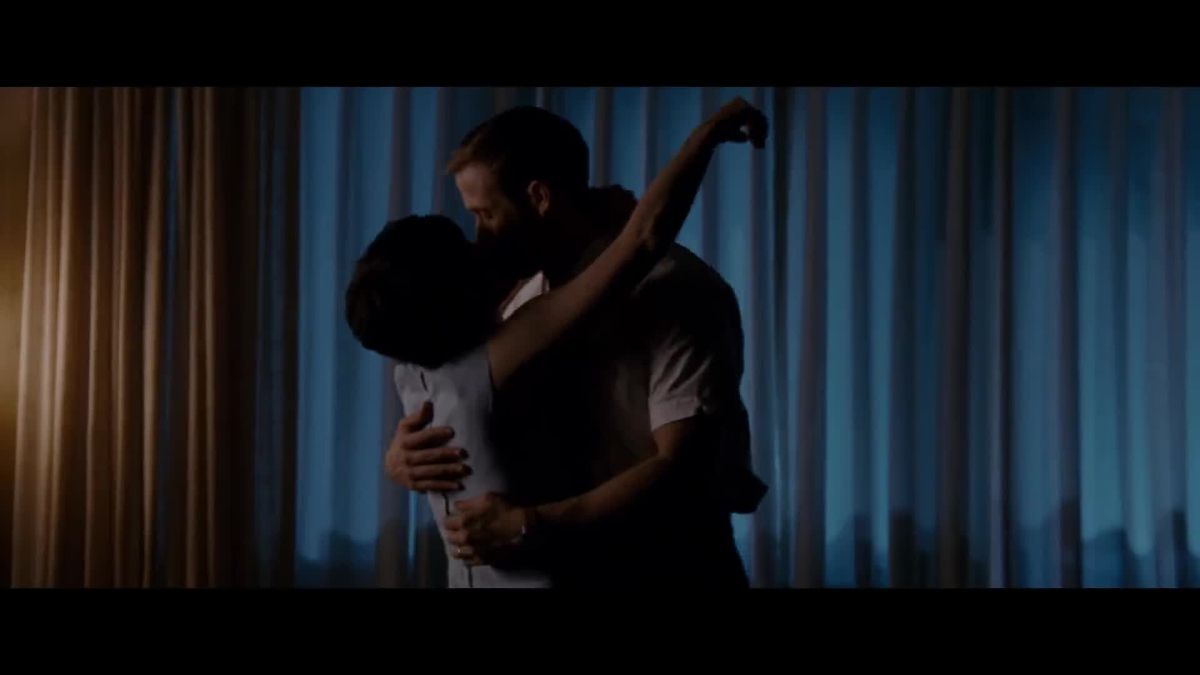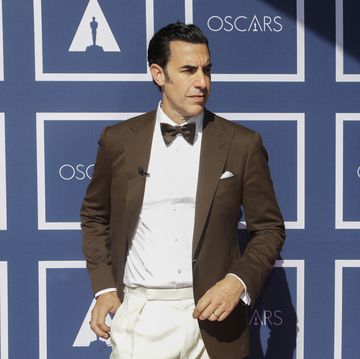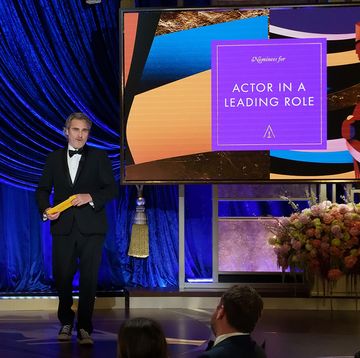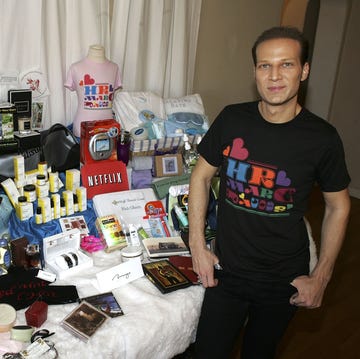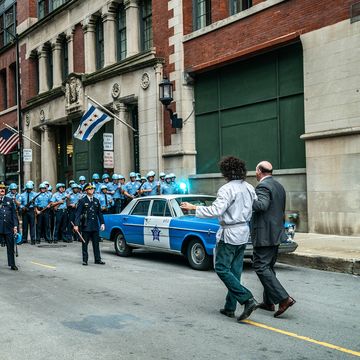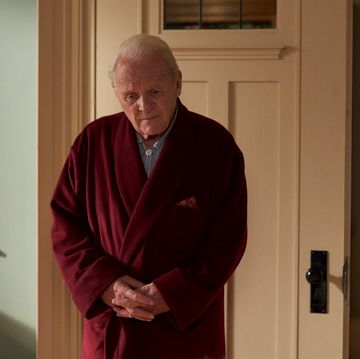There is a scene in First Man, Damien Chazelle’s new film about Neil Armstrong, in which the newly appointed NASA astronaut (Ryan Gosling) explains to his wife (Claire Foy) how rocket propulsion works in space. In essence, he says, you have to slow down to go forward - the opposite of how jet engines work on earth.
“Pretty neat,” he contends.
“Pretty neat,” she agrees, as they both laugh.
It’s also a pretty neat description of the film itself: an inverse of the American hero biopic, the story of the biggest blockbuster moment in a nation’s history told with the thrusters set low.
The first thing you notice about First Man is that it is shot largely on a handheld camera, in a slightly sepia-tinged palette that immediately evokes grainy footage of JFK in Dallas and other touchstones of 60s Americana. But it soon becomes clear that Chapelle has far more in mind than a period piece.
It opens on Armstrong caring for his infant daughter Karen, whom he and his wife soon lose to cancer. It is this terrible crater of grief, First Man suggests, that propels Armstrong to apply to NASA and eventually make his small step for mankind. He wasn’t trying to conquer the moon so much as escape to it. One of the many searching questions this film asks is what truly lies at the root of our ambitions, both as individuals and a society.
What follows is a remarkably blemished portrait of one of America’s most ordained public figures. Armstrong’s internalised grief – he is stoic to the point of comedy – robs him of his ability to be a good father to his surviving children, or a good husband to his wife. He is deeply depressed, and surrounded on all sides by death - not just his daughter’s but the many men who died attempting the same mission he is intent on taking. The film gets around its central dramatic problem – that we know how the story ends – by shocking us with how little Armstrong seems to care about the fact he does not. Part of him, we sense, hopes he doesn’t make it back.
It’s a challenging role for Gosling, who has little to work with in terms of dialogue. Nevertheless he does a good job of conveying a man driven more by depression than any sense of glory or fatalism. How much of Armstrong’s emotional distance can be explained in terms of his loss, and how much of it is the father and husband he would have been regardless? The film doesn’t try and answer that question simply, and is all the better for it.
Of course, First Man has to be read in political terms. There is no more iconic milestone in modern American history than beating the Russians to the moon. It was the moment the country announced itself as the dominant cultural narrative of the western world. And yet this is a film entirely bereft of chest thumping or – controversially, to some – flag waving. The reasonable objections that existed to the Apollo program, from politicians and public alike, are fairly acknowledged. There are very few scenes in which men with headsets on punch the air in triumph back at ground control.
It is tempting, therefore, to read First Man as a product of a subdued and shell-shocked America, the first Trump era retelling of its own origin myth. From afar, it looks and feels like the product of a country confronting its own ability to make mistakes, an end to the American exceptionalism that has always driven films like this. Could such a modest movie have been made about the moon landing, of all things, before this hell storm of a presidency embarrassed America an international stage? It feels unlikely.
When Armstrong finally lands on the moon (spoiler alert!), it is a desolate, cold landscape. He finds only a moment of confrontation with his own grief and terrible loneliness. The scene is cut with memories of a family day out in a summer meadow, the earth brimming with wild flowers. Elsewhere, thanks to sublime cinematography, the night sky glows through tree branches or the dusty, jet-scored earth smoulders in sunshine. Human faces - Gosling’s, Foy’s, their children’s – are frequently shown in close up, their eyes deep and wonderful as planets. It is earth, not outer space, that First Man suggests is beautiful and fascinating.
Is this a perfect film? No. The first third is dull. The pacing can feel a little off. Some cast members are underused. But, like the moon landing itself, First Man seems to stand for something more profound than its own story. It is a film that feels somehow defined more by what it isn’t, than what it is. It is, by the end, a thing of wonder.

